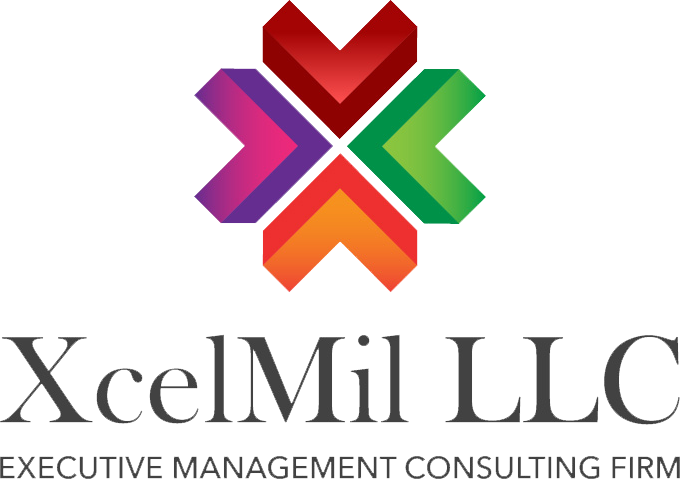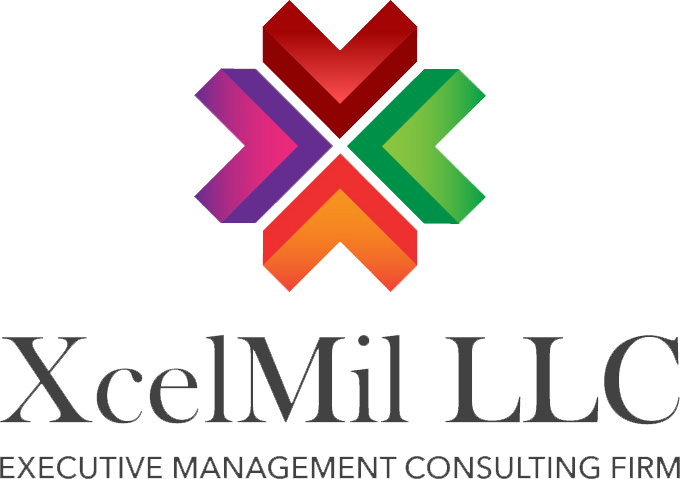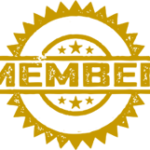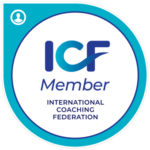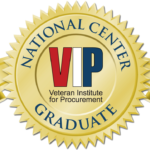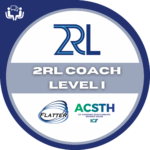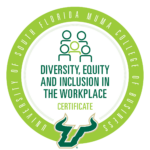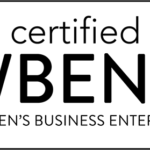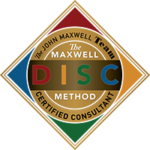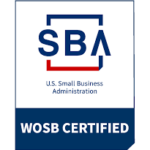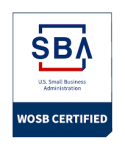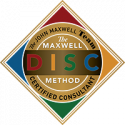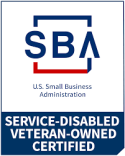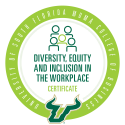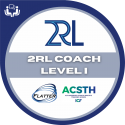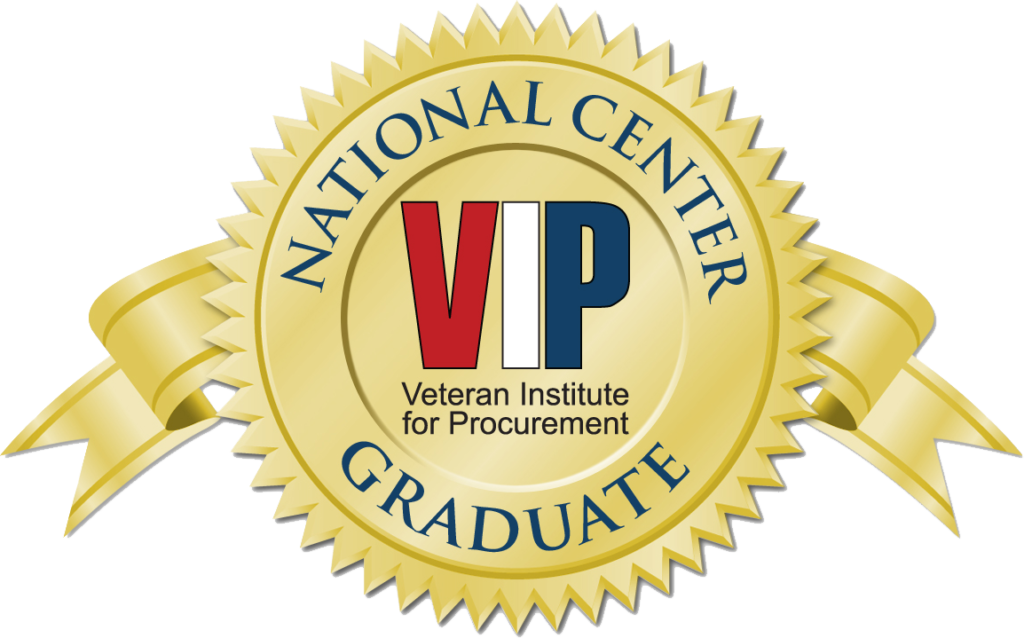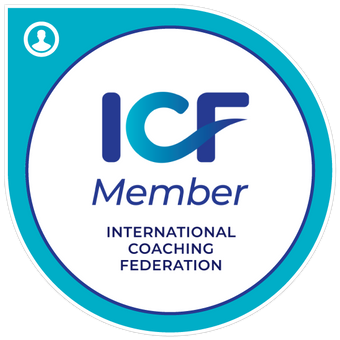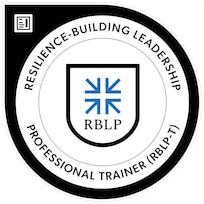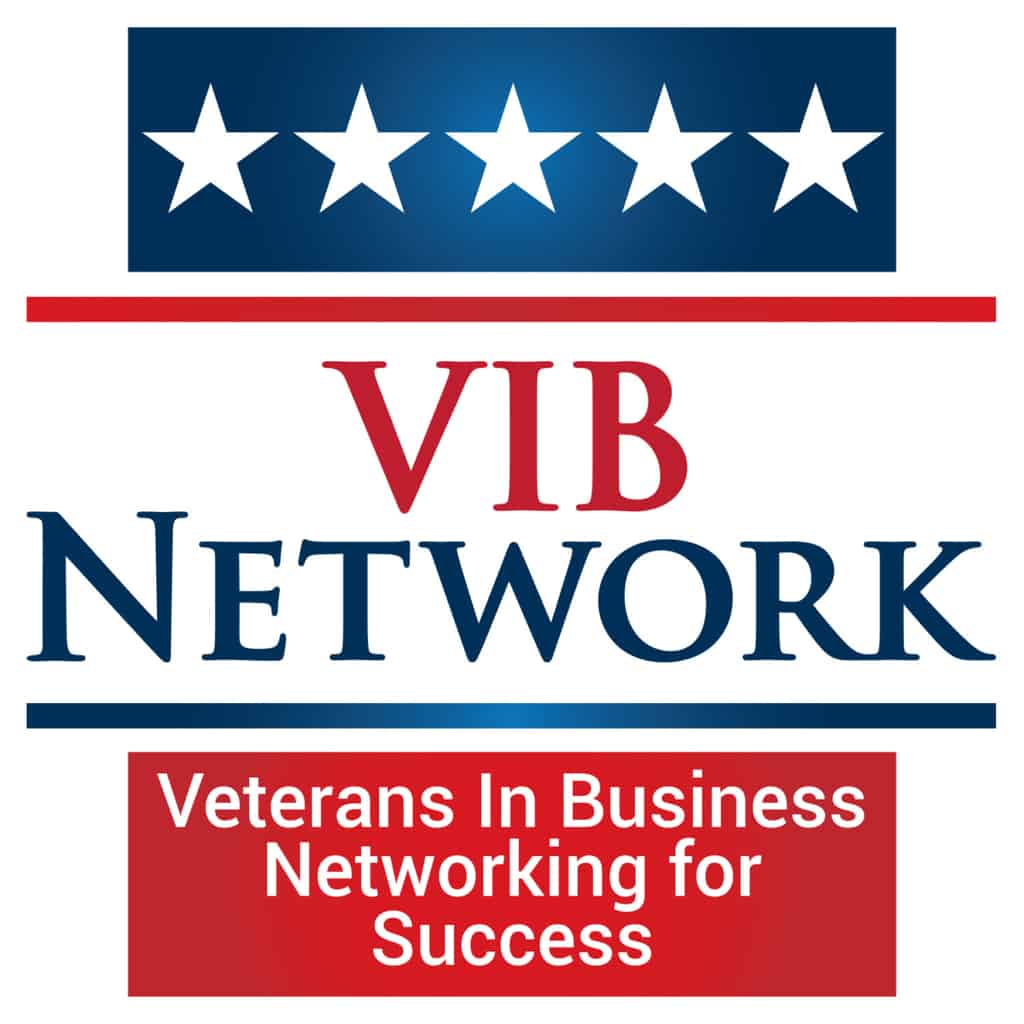The Thriving Formula: Unlocking Your Potential for Year-Long Success is based on the idea that personal and professional development is crucial for achieving long-lasting success. This formula focuses on the following key elements:
- Holistic Growth: Taking care of all aspects of life—mental, emotional, physical, and social.
- Goal Setting: Using SMART criteria to create effective plans tailored to individual aspirations.
- Continuous Learning: Committing to lifelong learning as a means of staying relevant and adaptable.
- Emotional Intelligence (EQ): Improving relationships through self-awareness and empathy.
- Resilience: Building the ability to recover from challenges while maintaining a positive mindset.
When individuals invest in these areas, they can tap into their full potential and achieve success in various aspects of life throughout the year.

1. Embracing Holistic Growth
Self-awareness is the key to holistic growth. It helps individuals understand their thoughts, emotions, and behaviors better. When we become more self-aware, we can identify areas where we need to improve and also recognize our existing strengths.
Techniques for Improving Self-Awareness:
- Journaling: Regularly writing down your thoughts and experiences can help you see patterns in your behavior and emotions. It encourages you to reflect on your daily interactions and decisions, leading to a deeper understanding of yourself. For example, by reflecting on the challenges you faced at work, you may discover triggers that impact your emotional responses.
- Seeking Feedback: Having open discussions with trusted friends, colleagues, or mentors about your personal performance can provide valuable insights. Constructive feedback highlights blind spots and reinforces the need for growth in specific areas. Creating a feedback loop allows for continuous improvement.
- Self-Assessment Tools: Using assessments like personality tests or emotional intelligence evaluations can give you structured insights into your characteristics. These tools help you see your inherent strengths and weaknesses more clearly.
Understanding both strengths and weaknesses is crucial for targeted growth. When you know what you’re good at and where you struggle, you can tailor your development efforts accordingly. For instance, if you identify strong communication skills as a strength, you might focus on enhancing your leadership abilities while working on improving time management skills if that’s an area of weakness.
The Importance of Self-Awareness:
- Facilitating Personal Development: Enhanced self-awareness fosters personal development by revealing areas where you can expand your skills or knowledge. This clarity empowers you to set realistic goals that align with your aspirations.
- Emotional Intelligence (EQ) Connection: A significant aspect of self-awareness is its relationship with emotional intelligence. Individuals who understand their own emotions are better equipped to empathize with others, fostering healthier relationships both personally and professionally.
- Reflection as a Tool: Regularly reflecting on your experiences contributes significantly to self-awareness. Set aside time each week to consider your successes and failures, allowing for an honest evaluation of your progress and setbacks.

Incorporating these techniques into your daily routine cultivates a mindset focused on growth. As you commit to developing self-awareness, you’re laying the groundwork for holistic growth that includes emotional well-being, effective interpersonal skills, and professional success. This journey requires continuous effort and dedication but brings immense rewards in your pursuit of long-term success over the course of a year.
Building Confidence and Motivation to Thrive
Cultivating confidence and intrinsic motivation is essential for unlocking one’s full potential within The Thriving Formula: Unlocking Your Potential for Year-Long Success. Here are some strategies to enhance self-efficacy:
- Practice Positive Affirmations
Regularly practicing positive self-talk can reshape your mindset. Affirmations help reinforce the belief in your abilities, fostering a resilient inner voice.
- Set Small Achievable Goals
Breaking larger objectives into manageable tasks not only makes them less daunting but also provides a sense of accomplishment. Completing these small goals builds momentum and boosts confidence.
Intrinsic motivation plays a crucial role in sustaining enthusiasm towards personal development. Aligning passions with purpose-driven goals enhances this motivation. Consider the following approaches:
- Visualize Your Goals
Visualizing success creates a mental image that can inspire action. Picture yourself achieving your goals, which can evoke the emotions associated with that success.
- Reflect and Self-Assess Regularly
Regularly reflecting on progress allows for adjustments to be made based on feedback and assessments of strengths and weaknesses. This process reinforces self-awareness, emotional intelligence, and holistic growth across mental, emotional, physical, and social dimensions.

2. Setting SMART Goals for Success
Setting clear and structured goals is essential for achieving long-term success. The SMART criteria provide a robust framework that enhances goal-setting effectiveness. SMART stands for:
- Specific: Clearly define what you want to accomplish.
- Measurable: Establish criteria to track progress and measure the outcome.
- Achievable: Ensure that your goals are realistic and attainable.
- Relevant: Align your goals with broader life objectives and values.
- Time-bound: Set a deadline to create a sense of urgency.
Utilizing SMART criteria transforms vague aspirations into actionable objectives. For example, instead of saying, “I want to get fit,” a SMART goal would be, “I will exercise for 30 minutes, five times a week, for the next three months.” This specificity clarifies the path forward while allowing for measurement of success.
Structured planning plays a crucial role in realizing these aspirations. When individuals identify their SMART goals, they can break them down into smaller action steps. This method not only makes large goals less daunting but also helps maintain motivation as each step is completed.
Creating an Action Plan with Accountability Partners
Developing an actionable plan involves several key steps:
- Define Your Goals: Utilize the SMART framework to articulate your objectives clearly.
- Identify Necessary Actions: List specific actions required to achieve each goal.
- Set Milestones: Break down the timeline into smaller milestones to monitor progress regularly.
- Allocate Resources: Determine what resources you need, such as time, finances, or support.
Finding accountability partners can significantly enhance your journey towards success. These individuals provide encouragement and constructive feedback while helping maintain focus on your goals. Collaborating with others creates a support system that fosters commitment and accountability.
Prioritization is another vital element when working towards multiple goals. Identify which objectives align most closely with your immediate needs or long-term vision. Concentrating efforts on high-priority goals ensures that energy is channeled efficiently, enhancing the likelihood of achieving year-long success in personal and professional realms.
4. Building Emotional Intelligence for Meaningful Connections
Emotional intelligence (EQ) is a cornerstone of personal and professional growth. It encompasses the ability to recognize, understand, and manage our own emotions while also empathizing with others. Developing high emotional intelligence can significantly enhance relationships, leading to more meaningful interactions both at home and in the workplace.

Key Components of Emotional Intelligence
- Self-Awareness: Recognizing one’s emotions and their impact on thoughts and behaviors.
- Self-Regulation: Managing impulses and emotions in a constructive manner.
- Empathy: Understanding the feelings and perspectives of others, fostering compassion and connection.
- Social Skills: Navigating social complexities with ease, building rapport, and resolving conflicts effectively.
Developing Interpersonal Skills Through Effective Communication
Enhancing communication skills plays a pivotal role in cultivating emotional intelligence. Techniques include:
- Active Listening: Fully concentrating on what is being said rather than merely waiting for your turn to speak.
- Expressing Thoughts Clearly: Articulating ideas in an understandable manner fosters better understanding and reduces miscommunication.
- Non-Verbal Cues: Being aware of body language and facial expressions aids in interpreting emotions accurately.
Integrating these strategies into daily interactions not only improves relationships but also contributes to a thriving professional environment. Prioritizing emotional intelligence can pave the way for collaboration, innovation, and long-lasting connections.
5. Cultivating Resilience and Adaptability in the Face of Challenges
Building emotional intelligence (EQ) plays a crucial role in fostering meaningful connections, both personally and professionally. Individuals with high EQ can navigate complex social environments more effectively, creating stronger relationships that enhance collaboration and understanding.
Key Components of Emotional Intelligence
- Self-Awareness: Understanding one’s emotions, strengths, and weaknesses is foundational to developing interpersonal skills. This awareness allows individuals to manage their reactions and behaviors in various situations.
- Empathy: The ability to understand and share the feelings of others is essential for relationship management. Empathy fosters trust and respect, enhancing collaboration among team members or friends.
Developing Interpersonal Skills Through Effective Communication
Communication skills are vital for expressing thoughts clearly and building rapport. Here are several techniques to enhance these skills:
- Active Listening: Engaging fully when others speak promotes understanding and encourages open dialogue. Techniques include:
○ Maintaining eye contact to show attention.
○ Nodding or providing verbal acknowledgments to convey engagement.
○ Reflecting back what has been said to confirm understanding.
- Clarity in Expression: Articulating thoughts effectively helps avoid misunderstandings. Consider the following strategies:
○ Organizing thoughts before speaking or writing.
○ Using straightforward language free from jargon or ambiguous terms.
○ Asking for feedback on clarity to ensure your message is received as intended.
- Conflict Resolution: Navigating disagreements skillfully contributes to emotional intelligence development. Effective conflict resolution involves:
○ Remaining calm and composed during disputes.
○ Focusing on the issue rather than personal attacks.
○ Seeking solutions that satisfy all parties involved, promoting a collaborative atmosphere.
Importance of Empathy in Relationships
Empathy strengthens relationships by allowing individuals to connect on a deeper level. It involves:
- Recognizing emotional cues from others, such as body language or tone of voice.
- Engaging with individuals’ perspectives, which can lead to more informed discussions and decisions.
- Building an inclusive environment where everyone feels valued and understood.
The integration of these components leads to improved relationship management, which is essential in both personal interactions and professional collaborations. By cultivating emotional intelligence through effective communication techniques, individuals can foster lasting connections that contribute significantly to their overall success.
Embracing these elements creates a foundation for resilience in facing life’s challenges. A strong sense of empathy equips individuals with the tools needed for navigating difficulties while maintaining healthy relationships, thus facilitating personal and professional growth along the journey toward success.

5. Building Resilience and Adaptability in the Face of Challenges
Resilience is a key factor in personal and professional success. It is defined as the ability to recover from difficult situations. This quality allows people to confront challenges with confidence and determination. Those who develop resilience are better able to handle stress and overcome obstacles, enabling them to navigate the complexities of life while staying focused on their objectives.
Embracing Change for Resilience
Embracing change is crucial for developing resilience. A growth mindset promotes this adaptability, encouraging individuals to see difficulties as chances to learn instead of impossible obstacles. By changing the way we think about challenges, we can improve our problem-solving abilities and creativity, which are vital for long-term success.
Key Aspects of Resilience
Some important aspects of resilience include:
- Emotional regulation: Effectively managing emotions during tough situations.
- Support networks: Relying on relationships with mentors, friends, or family for guidance and motivation.
- Flexibility: Adjusting plans and strategies in response to changing circumstances.
Incorporating these elements into daily routines strengthens one’s ability to thrive amidst uncertainty, aligning perfectly with The Thriving Formula: Unlocking Your Potential for Year-Long Success. Recognizing that setbacks are a natural part of growth empowers individuals to persist and evolve through life’s inevitable ups and downs.
Your Journey Towards Year-Long Success Begins Now!
To unlock your potential for success, you need to take proactive steps and integrate sustainable growth strategies into your daily life. The Thriving Formula emphasizes a holistic approach to personal and professional development, encouraging individuals to take ownership of their journey.
Here are the key actions you should focus on:
- Adopt Self-Awareness: Regularly assess your strengths and areas for improvement.
- Set SMART Goals: Define specific objectives that guide your growth throughout the year.
- Embrace Lifelong Learning: Engage in continuous education—whether formal or self-directed—to remain adaptable.
- Cultivate Emotional Intelligence: Focus on empathy and effective communication to strengthen relationships.
Incorporate these elements into your life and develop a mindset that is resilient and adaptable—two essential traits for overcoming challenges. The path to year-long success starts with small, intentional changes that will gradually lead to significant transformation over time.
